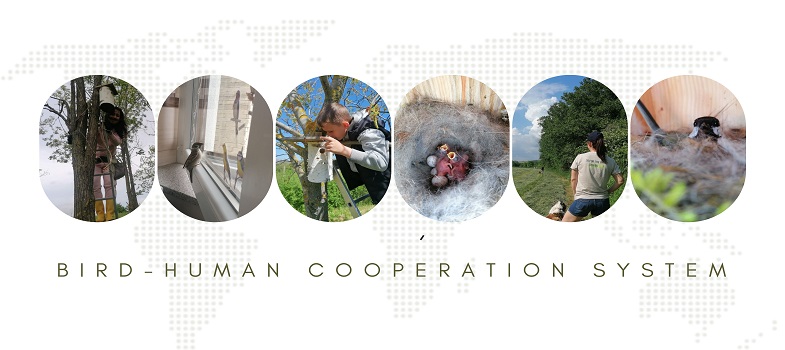birds relationship
Win-Win Relationships in Our Own Lives
Introduction
A win-win relationship is one in which both sides benefit, rather than one person gaining at the expense of another. Such relationships are built on cooperation, respect, and fairness, and they tend to be long-lasting because each side feels valued. Although the idea is often used in business or politics, win-win situations are also common in our everyday lives. Recognizing them can help us understand the importance of cooperation and encourage us to create more positive bonds with others.
Win-Win in Friendships
Friendship is one of the clearest examples of a win-win relationship. True friends share time, emotions, and experiences. When one friend provides support during hard times, the other offers encouragement or joy in return. Both sides benefit, making the friendship stronger. A healthy friendship does not drain energy from one person; instead, it uplifts both. Even small acts, like listening to a friend’s problems, bring closeness and trust that are equally rewarding.
Win-Win in Families
Families also provide many opportunities for win-win dynamics. Parents give children love, safety, and guidance. In return, children bring joy, companionship, and purpose to their parents’ lives. As children grow, they also repay the care they received by offering support and responsibility. For example, adult children may help their parents financially or emotionally, showing how the relationship continues to benefit both sides over time. A family functions best when every member respects the needs of others, making it a natural win-win system.
Win-Win in Education
Education is full of win-win examples. Students who collaborate in group study sessions share knowledge and improve together. Teachers and students also benefit from a mutual exchange: teachers pass on knowledge, while students bring respect, curiosity, and fresh perspectives. This relationship enriches both parties, making the learning process more meaningful. Schools and universities themselves succeed when students thrive, because their success reflects the effectiveness of the institution.
Win-Win in Workplaces
Workplaces also demonstrate the value of win-win relationships. Colleagues who cooperate on projects use their strengths to achieve better results than they could alone. Employers gain productivity and innovation, while employees receive salaries, skills, and career development. Even small gestures, such as helping a coworker with a deadline, create mutual trust and strengthen teamwork. Businesses that encourage cooperation instead of competition often grow faster because everyone benefits from shared success.
Recognizing Win-Win Situations
The challenge is that people often fail to notice win-win relationships. Many focus only on their personal gain and overlook how much they benefit from others. Recognizing win-win dynamics requires awareness and gratitude. When we pause to reflect on how cooperation benefits both sides, we learn to value relationships more deeply and work harder to sustain them.
Conclusion
In conclusion, win-win relationships are not limited to negotiations or formal agreements; they appear in friendships, families, classrooms, and workplaces every day. By recognizing them, we can strengthen bonds, reduce conflict, and live happier and more fulfilling lives. Win-win relationships remind us that cooperation is often more powerful than competition, and that mutual benefit leads to long-term success.
